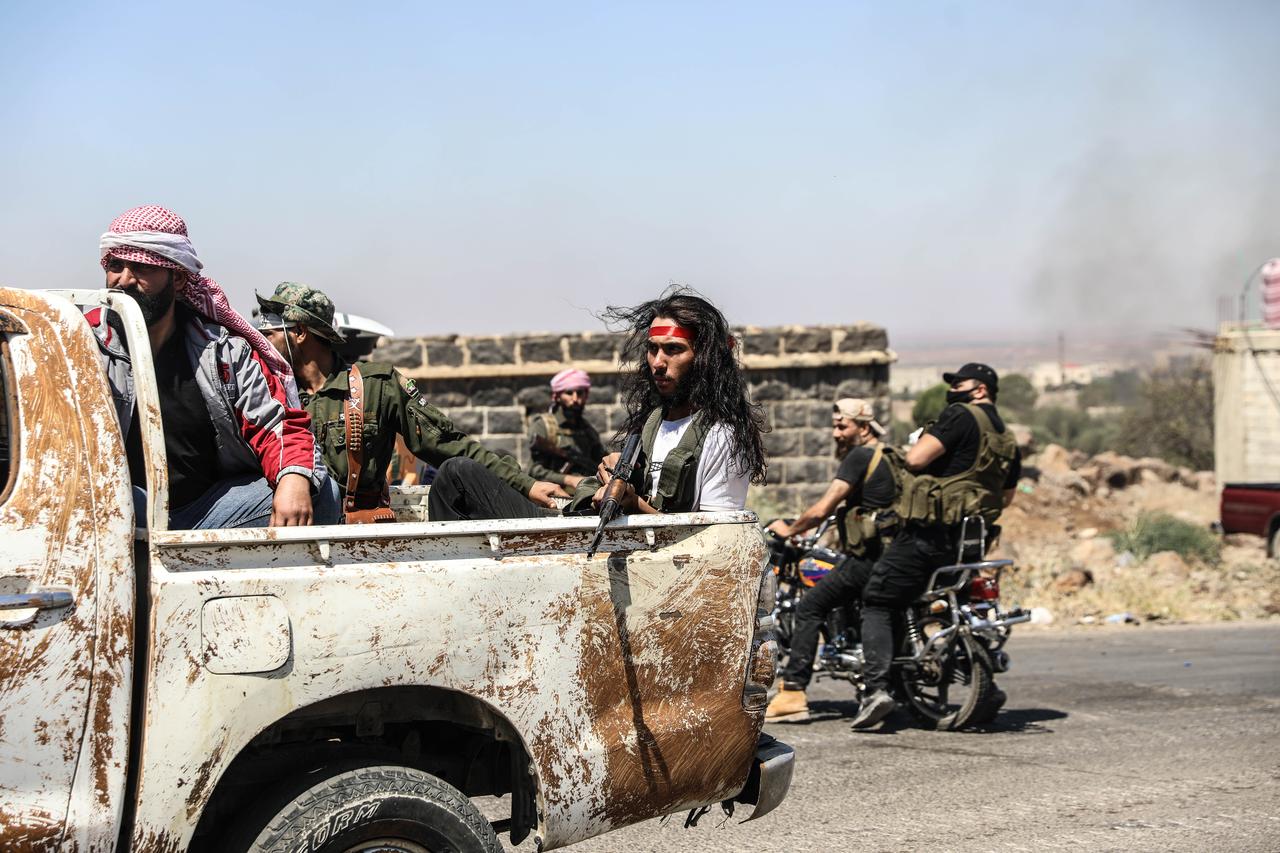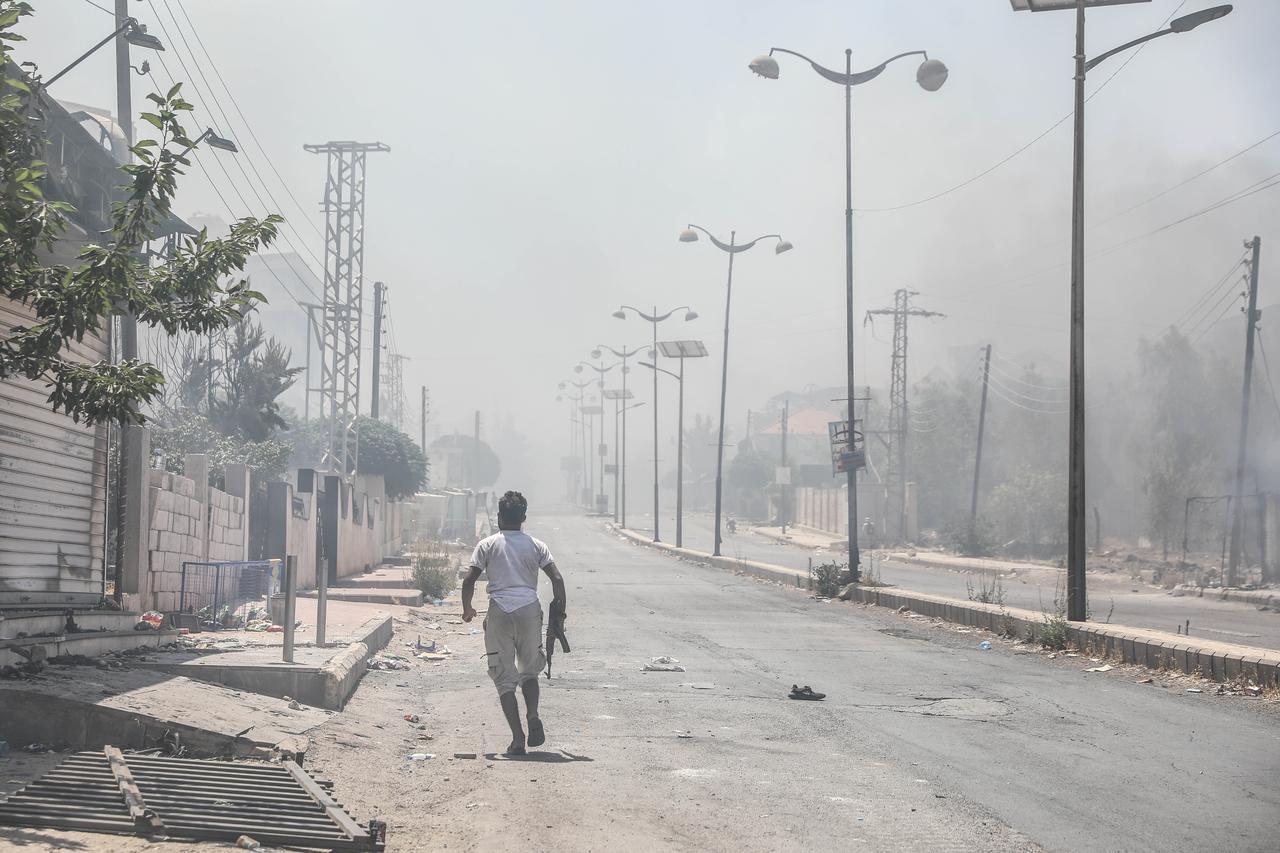
Turkish Foreign Minister Hakan Fidan issued a stern warning to armed groups in Syria: “If they move towards fragmentation and destabilization [of Syria], we will perceive this as a direct threat to our national security and intervene.”
His statement comes amid renewed clashes in southern Syria between Druze militias loyal to Hajari and Bedouin Arab tribes, along with Israeli airstrikes on Damascus. Recently, the United States special envoy to Syria remarked that Israel prefers a fragmented and unstable Syria over a strong Arab state on its borders.
This position contradicts Türkiye’s approach. Ankara believes regional stability depends on preserving state sovereignty and helping Syria transform from a security-consuming actor into a security provider—one that poses no threat to its neighbors, including Türkiye and Israel.
Yet Fidan’s warning was not directed at Israel, but at the YPG terror group-dominated SDF. Ankara suspects Israel may be encouraging the SDF to resist integration into the Syrian army.

Türkiye is concerned that tensions in southern Syria could also spread to the northeast. Under the March 10 agreement between Damascus and the SDF, the northeast—along with its military and civil institutions—was to be integrated into the Syrian state. So far, there has been no progress.
In the latest round of talks, the SDF rejected all of Damascus’s proposals and issued counterdemands that defy the spirit of the March 10 deal. This provoked a harsh reaction even from the U.S. envoy.
Israel’s airstrikes may have emboldened the SDF, leading them to believe Israel would support them in a direct conflict with Damascus. Reflecting this miscalculation, the SDF sent convoys to the front lines and escalated its media offensive against the Syrian government.
Ankara, observing these developments, is reminding the SDF of its own military options. By applying pressure, Türkiye hopes to push the SDF back toward honoring the March 10 agreement. Alongside lessons drawn from the tribal mobilization against Druze militias, Türkiye is also reminding the SDF of its fragile position.
The SDF controls a majority-Arab tribal area situated between Syrian government forces and the Turkish army.
Reportedly, Türkiye and the United States have given the SDF a 30-day deadline to show meaningful progress in implementing the deal.
For Türkiye, much is at stake. If the SDF miscalculates and clings to autonomy, it could derail the entire PKK disarmament process. For Ankara, Syria remains the critical piece in achieving a “terror-free Türkiye”—and it appears ready to flex its military muscle to secure that objective.